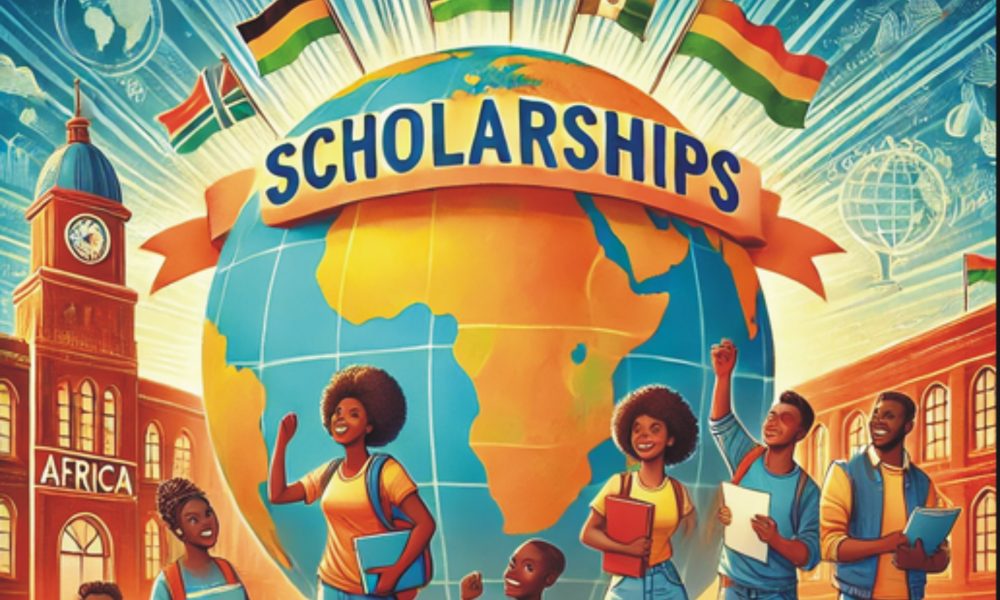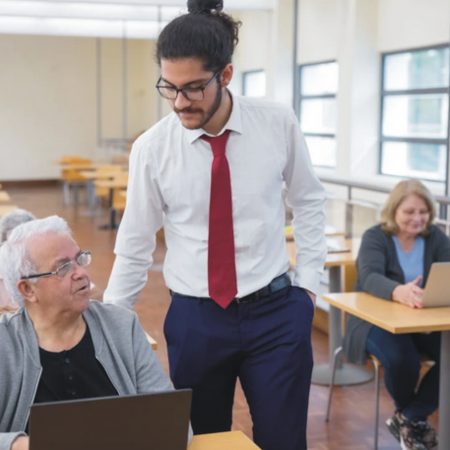Scholarships for African Students
Education opens the door to countless opportunities, but financial constraints often make higher education abroad seem out of reach for many African students. Fortunately, numerous scholarship programs are available to help bridge this gap, enabling talented individuals to pursue their academic dreams.
If you are searching for scholarships for African students, this guide provides detailed insights into top opportunities, their benefits, and how to apply successfully.

Why Scholarships Matter for African Students
- Access to Quality Education: Scholarships open doors to prestigious universities worldwide.
- Reduced Financial Burden: Many programs cover tuition, living expenses, and travel costs.
- Global Exposure: Studying abroad enhances cultural understanding and builds global networks.
- Career Advancement: A degree from a reputable international university can significantly boost career prospects.
Top Scholarships for African Students
If you are a student in Africa looking for tuition-free institutions abroad, then you need to check out the following scholarships for African students.
MasterCard Foundation Scholars Program
Overview:
This program supports academically talented but financially disadvantaged African students to study at partner universities in Africa, the USA, Canada, and Europe.
Benefits:
- Full tuition coverage.
- Living expenses, books, and travel costs.
- Leadership training and mentorship opportunities.
Eligibility:
- Demonstrated academic excellence and leadership potential.
- Financial need.
Partner Institutions: University of Cape Town, McGill University, University of Edinburgh, and others.
Chevening Scholarships (UK)
Overview:
Funded by the UK government, Chevening Scholarships are available for African students pursuing master’s degrees in the United Kingdom.
Benefits:
- Full tuition fees.
- Monthly living allowance.
- Travel to and from the UK.
Eligibility:
- A bachelor’s degree and at least two years of work experience.
- Commitment to return to your home country after the program.
DAAD Scholarships (Germany)
Overview:
The German Academic Exchange Service (DAAD) offers fully funded scholarships for African students pursuing master’s or PhD programs in Germany.
Benefits:
- Monthly stipend for living expenses.
- Health insurance and travel allowance.
- Free German language courses.
Eligibility:
- Bachelor’s degree in a relevant field.
- Strong academic record.
Fulbright Program (USA)
Overview:
The Fulbright Program provides fully funded opportunities for African students to pursue graduate studies or research in the United States.
Benefits:
- Tuition and living expenses.
- Airfare and health insurance.
- Cultural exchange activities.
Eligibility:
- Strong academic background.
- English language proficiency.
Erasmus Mundus Joint Master Degrees (Europe)
Overview:
This program offers scholarships for African students to pursue master’s degrees at multiple universities across Europe.
Benefits:
- Full tuition fees.
- Monthly stipend for living expenses.
- Travel and installation costs.
Eligibility:
- Bachelor’s degree in a relevant field.
- Motivation and academic excellence.
The African Union Scholarship Program
Overview:
The African Union, in partnership with various governments and organizations, offers scholarships for postgraduate studies in Africa and abroad.
Benefits:
- Full or partial tuition coverage.
- Research grants and mentorship.
Eligibility:
- African nationality.
- Commitment to contributing to the continent’s development.
Australian Awards Scholarships
Overview:
This program provides fully funded opportunities for African students to study in Australia.
Benefits:
- Full tuition fees.
- Living allowance, travel costs, and health insurance.
- Opportunities for internships and networking.
Eligibility:
- Relevant work experience.
- Academic qualifications aligned with program requirements.
Oxford University’s Reach Scholarship (UK)
Overview:
This undergraduate scholarship is designed for talented students from low-income countries, including many in Africa.
Benefits:
- Tuition and college fees.
- Living expenses.
Eligibility:
- Exceptional academic performance.
- Demonstrated financial need.
Tips for Winning Scholarships
- Start Early: Research scholarship opportunities at least a year before your intended start date.
- Tailor Your Applications: Highlight how your background, goals, and achievements align with the scholarship’s objectives.
- Provide Strong References: Obtain recommendation letters from professors or employers who know your potential well.
- Polish Your Personal Statement: Clearly articulate your motivations, goals, and how the scholarship will impact your future.
- Meet Deadlines: Late applications are rarely considered, so plan ahead.
How to Search for Scholarships
- University Websites: Check the financial aid sections of universities you’re interested in.
- Scholarship Databases: Use platforms like scholarships.com, DAAD, and scholars4dev.com.
- Social Media: Follow organizations and universities on platforms like Twitter, Facebook, and LinkedIn for updates.
- Embassies and Cultural Centers: Contact the cultural section of embassies in your country for available opportunities.
Success Story: Amina’s Journey to Studying in the UK
Amina, a student from Ghana, dreamt of pursuing a master’s degree in international development. She applied for the Chevening Scholarship and, after a rigorous selection process, was accepted. Today, Amina is a graduate of the University of Sussex, contributing to policy-making in Africa. Her scholarship journey not only transformed her career but also inspired her to empower others.
Conclusion
Scholarships for African students offer life-changing opportunities to access quality education worldwide. By exploring these programs, preparing strong applications, and leveraging available resources, you can turn your dreams into reality.
Remember, persistence and thorough preparation are key. Start your search today, and take the first step toward a brighter academic and professional future!
Do you know of other scholarships for African students or need guidance with your application? Share your thoughts in the comments below.








